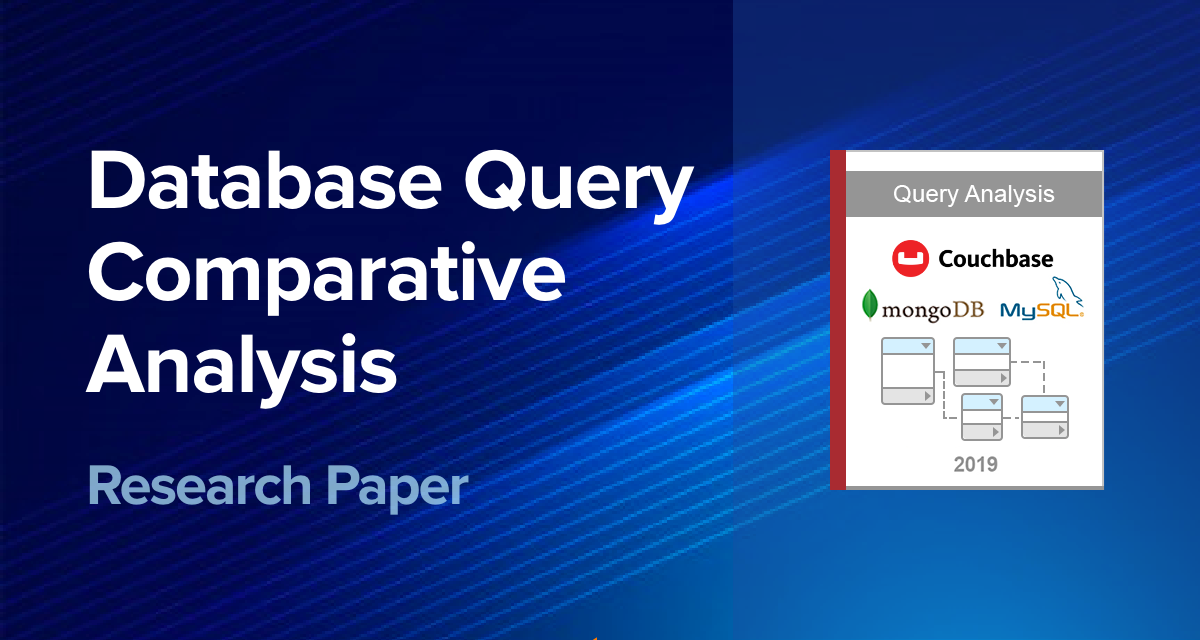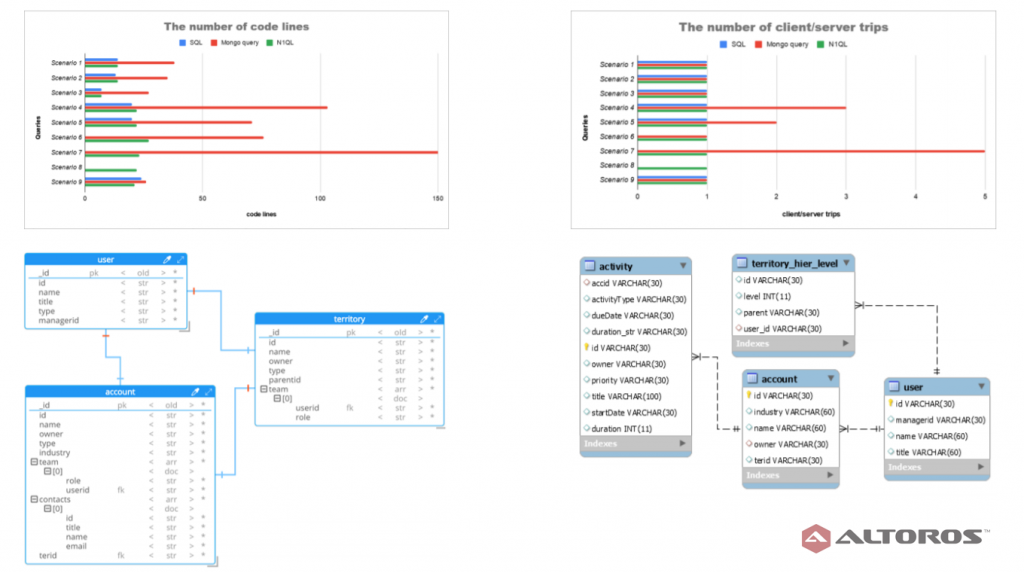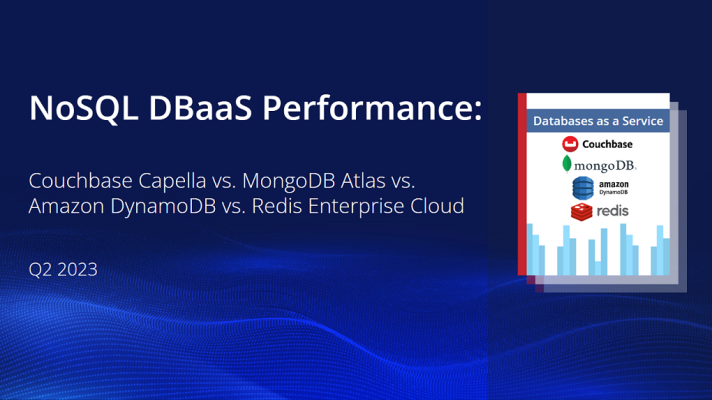Comparing Database Query Languages in MySQL, Couchbase, and MongoDB

Today, we’re announcing the results of our latest performance benchmark report. The new study provides a comparative analysis of MySQL, Couchbase, and MongoDB queries in nine different business scenarios across seven metrics. It also features recommendations on the strengths of each of these three query languages and what specific business criteria they can help to accomplish.
SQL emulation
All databases share a common objective—to provide the most efficient data manipulation mechanism so applications can efficiently query the data being managed. While traditional relationship database management systems—such as MySQL—use SQL as a standard to access data, most of the NoSQL databases rely on a proprietary language or application programming interface (API).
MongoDB provides MongoDB query, an API approach that allows users to filter, join, aggregate, order, and project the query result. Couchbase uses the N1QL language to extend ANSI SQL, a standard for the SQL language, to achieve the same goals. This comparative report provides insights into how the three database languages structure queries and the differences in syntax and efficiency.
“NoSQL databases are more scalable and provide superior performance to traditional systems but understanding the intricacies of the leading offerings available can drive significant cost advantages. The Altoros 2019 Database Query Language Comparative Analysis provides technical decision-makers with the insights needed to select the right NoSQL offering that delivers on their business expectations.”
—Artsiom Yudovin, Data Engineer, Altoros
The scenarios covered
There were several points of interest uncovered during the comparative analysis. These include fundamental distinctions between the three database languages in how their queries are structured, as well as differences in query syntax and efficiency. The scenarios ranged from meeting with customers, sales activities, searching contacts, and calling Google Natural Language API.
“Even though NoSQL started as an alternative to traditional relational database management systems, it has evolved in functionality, support, and ability to analyze different workloads while scaling to the cloud-based needs of organizations today.” —Artsiom Yudovin, Data Engineer, Altoros
 Some of the findings from the research paper
Some of the findings from the research paper
Want details?
Download the full report here.







